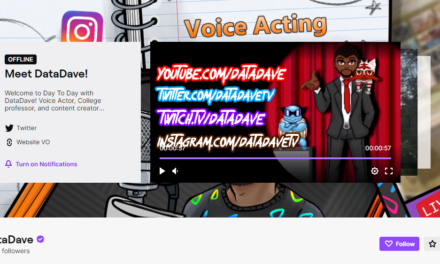There’s only one good reason to smoke: to be a part of the smokers’ conversations that take place as they huddle in doorways and parking lots—now that smoking is verboten almost everywhere else. Drinking doesn’t quite share cigarettes’ ominous shadow (though the two frequently fraternize), yet it engenders a comparable illicit camaraderie, and many deals are shaped over post conference-session or post-workday cocktails. And let’s not forget the almost clichéd corporate gathering place—the water cooler. What it lacks in bad-boy appeal, it more than makes up for in its acceptability as an in-office gathering place. Without a doubt, those who don’t find a way to network about office goings-on miss out. Okay, they avoid a lot of superfluous gossip and TV-show recaps, but they also miss opportunities for the serendipitous exchange of knowledge.
Earlier this year, Harvard University Press published Rob Cross and Andrew Parker’s book about optimizing the flow of information among employees, The Hidden Power of Social Networks: Understanding How Work Really Gets Done in Organizations. According to their study of more than 60 organizations, you don’t necessarily have to be at the cooler to benefit, but you need to find a way to get to the information inside your coworkers’ heads. The suggestion these authors make that may seem heretical to our industry is that KM software and communities of practice aren’t the information-flow solutions we imagine them to be—they may actually be part of the problem.
I recently received a vendor email boasting that the sender’s solution had the power to “manage the content stored in employees’ heads.” I’ve received similar pitches and press releases in the past, offering to unlock the potential of knowledge stashed away in the minds of employees or to connect individuals to others within organizations who have specific expertise. But there’s something sort of pathetic about reducing our interoffice communications to the level of database searches. The approach also fails— as do many technological attempts to supplant human interaction—to recognize the way people actually work. For example, I may know that one person in my company has the exact piece of information I need, but I may also know that she never answers emails or phone calls and is always late on deadlines. Thus, she might actually hinder my efforts. Whereas someone else I’ve worked with successfully dozens of times, but who might have to do a bit more work to compile the information I seek, may actually be a more expedient (and pleasant) choice.
EContent’s publisher, Bob Fernekees, recently met a writer at a show and asked him what his outside interests were; he replied, “gaming.” Admittedly, others had to explain that the writer meant online gaming, after which Fernekees was no closer to understanding why playing games remotely with strangers held much appeal. That’s probably because of how Fernekees communicates: He’s more likely to pick up the phone than type an email. He sets up face-to-face meetings whenever possible and sometimes visits our company’s various offices just to check in and see how everyone is doing. As it turns out, many of these calls or visits result in his tapping into efforts one group is making that could well-benefit another—incidental information he’d likely not have heard about through using our intranet, salesforce.com, etc. Could he ask everyone to put everything they’re up to into some sort of program that would allow him to manage all of our efforts? Sure. But logging in what we’re doing wouldn’t be a great use of our time, and we wouldn’t likely register every little detail, so certain tasks or subtleties of approach wouldn’t be communicated.
Without a doubt, the Web provides unprecedented access to information and expertise, but its limits are just as sure. While writing this column, for example, I wanted to cite the familiar quotation “man is a social animal” and was pretty sure Aristotle said it. Naturally, I did a Google search and, not surprisingly, got a multitude of near-useless results. Next I tried Bartleby.com, which searches a number of reputable quotation resources. It gave me “The happiness and unhappiness of the rational, social animal depends not on what he feels but on what he does; just as his virtue and vice consist not in feeling but in doing,” said by Marcus Aurelius. I didn’t get Aristotle or an exact quote match. So I emailed a fellow editor (and friend) who always seems to know this sort of thing. He too thought Aristotle, but also found Aurelius and Karl Marx credited when he searched.
No matter who first verbalized it, man is, in fact, a social animal (woman, too). The simple fact that I turned to a person when theoretically more comprehensive resources failed demonstrates this reality. And while work- and social-life might seem separate entities (even desirably so), the two cannot be utterly severed to effective ends. While our workplaces move further apart, we must continue to place appropriate value on human interaction and make it happen within—or despite—our technological solutions.






